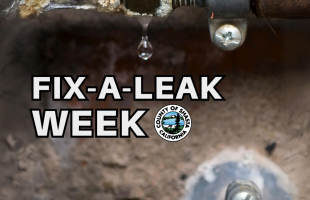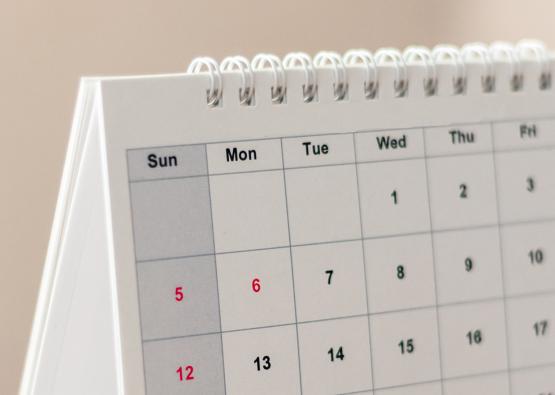Shasta County, California Home Page
Tabbed Content

2024 Board Chair
Central and Northern Redding
First Term Began: 01/2023
Current Term Ends: 12/2026
Phone: (530) 225-5557
E-mail: kcrye@shastacounty.gov

Centerville, French Gulch, Igo, Keswick, Ono, Platina, Southwestern Redding, Shasta
First Term Began: 03/2022
Current Term Ends: 12/2024
Phone: (530) 225-5557
E-mail: tgarman@shastacounty.gov

Southern Bella Vista, Big Bend, Burney, Cassel, Fall River Mills, Hat Creek, McArthur, Montgomery Creek, Oak Run, Old Station, Palo Cedro, Pittville, Southeastern Redding, Round Mountain, Whitmore
First Term Began: 01/2017
Current Term Ends: 12/2024
Phone: (530) 225-5557
E-mail: mrickert@shastacounty.gov

Northern Bella Vista, Castella, Crag View, Jones Valley, Lakehead, Mountain Gate, Northeastern Redding, Shasta Lake
First Term Began: 01/2021
Current Term Ends: 12/2024
Phone: (530) 225-5557
E-mail: pjones@shastacounty.gov

2024 Board Vice-Chair
Anderson, Cottonwood, Happy Valley, Millville, Manton, Shingletown, Viola
First Term Began: 01/2023
Current Term Ends: 12/2026
Phone: (530) 225-5557
Email: ckelstrom@shastacounty.gov









